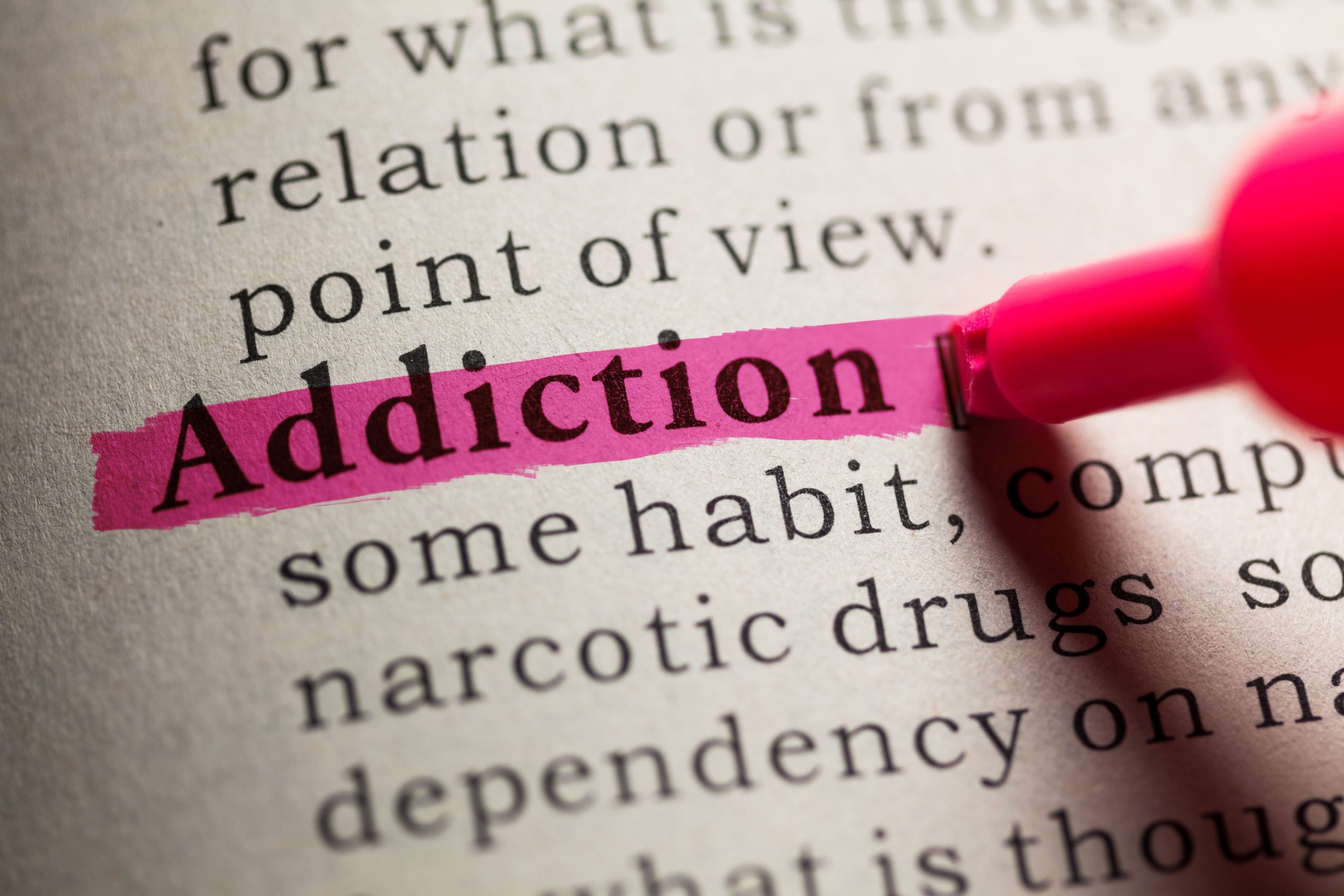Librium is an addictive psychotropic drug that has similar properties to other benzodiazepines. Patients who are prescribed Librium for medical purposes, such as treating anxiety or insomnia, may become dependent on the drug. Some people may begin to abuse Librium, increasing the dose as they stop feeling the desired effects. Others may use Librium for pleasure or to enhance the effects of other drugs. People with mental health problems are also at an increased risk of developing an addiction to Librium.
Side Effects of Librium: What to Expect?

When a user develops an addiction to Librium, they may exhibit the following signs:
- Using illegal methods to obtain the drug, including falsifying prescriptions.
- Constant trips to the doctor to obtain additional prescriptions for Librium.
- Lying to family members regarding the use of Librium.
- Abusing the drug through increasing the dose beyond what is prescribed.
- Constant thoughts of librium.
- Inability to give up librium.
- Neglect of responsibilities and relationships due to Librium use.
- Financial hardship due to the cost of the drug.
- Confusion, restlessness and irritability.
- Physical withdrawal symptoms such as sweating, palpitations, tremors, and other manifestations.
- Need to increase the dose of Librium to achieve effect (development of tolerance).
Withdrawal from Librium without professional help can be difficult and can be life-threatening. With long-term abuse, the brain begins to rewire itself, adapting to the constant effects of the drug. The user becomes dependent on librium to live and function normally. Discontinuing use of the drug can cause unpleasant withdrawal symptoms.
Even if the recommended dose of Librium is followed for several weeks, withdrawal can occur. Managing this process is best left to a medical professional. Librium withdrawal symptoms can be severe and in some cases even fatal.
Understanding Librium Addiction

Librium leads to a strong feeling of relaxation in a person, which becomes the main reason why most people abuse this drug. Those who suffer from insomnia or anxiety disorders may also abuse librium because of its calming effects. Librium abuse can cause euphoria similar to alcohol intoxication.
Exceeding doses and increasing the frequency of taking the drug above normal is considered a form of librium abuse. Over-the-counter use of the drug also indicates unacceptable substance use. Recreational users may take Librium for the purpose of getting euphoria. They usually buy the drug on the street, online, or from false doctors.
Recreational users of Librium tend to take much higher doses than those recommended by doctors.
Navigating Librium Withdrawal: Tips and Advice
Librium withdrawal can be a complicated process that requires careful and professional attention.
Here are some tips and advice that can help you deal with a librium cancellation:
- Ask for professional aid. If you want to stop taking Librium, you have to see a doctor or a person who deals with drug addicts. This specialist is able to assist you in planning the process of reducing the dosage bit by bit so as to avoid much harm from withdrawal.
- Obey the doctor’s rules. You must strictly stick to the doctor’s advice on how to do about reducing the quantity and frequency of taking your drugs during this period. Do not change anything without consulting a specialist.
- Do it yourself. Make sure you do exercises, feed well and sleep enough always. This will be somehow preparing your mind to live without Librium by allowing natural biochemical processes to take place.
Professional support can help you get through this difficult period more successfully and safely.
Combining Librium with Alcohol and Drugs: Dangers and Warnings
Because Librium is considered less potent than most benzodiazepines, many people combine it with other drugs to enhance its effects, despite the high risk of unconsciousness and the possibility of fatal respiratory depression. Librium is also used to mitigate the effects of stronger drugs, such as cocaine. However, mixing Librium with other drugs can be dangerous as the risk of overdose increases. Signs of a librium overdose include:
- Excessive decreased activity.
- Severe drowsiness.
- Slowed reactions.
- Confusion.
- Low blood pressure.
- Signs of coma.
An overdose of Librium can have fatal consequences. If you or someone else suspects an overdose, seek medical attention immediately.
Detoxing from Librium: Best Practices and Tips
 Librium’s detoxification process is similar to many other drugs in this class, although longer.
Librium’s detoxification process is similar to many other drugs in this class, although longer.
With us, detoxification is the first step in a full continuum of care and includes the following steps:
- Assessment: medical professionals take into account a person’s individual symptoms and history of Librium use to determine the best treatment plan.
- Detox: the person stops taking Librium and the body gets rid of the drug over time. This is when the person experiences withdrawal symptoms. Patience is key during this stage.
- Rehab: Rehab involves intensive therapy to find out why the person started relying on Librium in the first place. Clients also learn coping skills to live without the librium after rehabilitation.
- Aftercare: clients take the skills learned during treatment and apply them to life in their community. Although librium is completely out of the system, the psychological urge to use the substance may still remain. Clients receive relapse prevention plans and ongoing support during follow-up care to accelerate recovery.
The best way to detox from librium is through a professional rehab center, here clients have the opportunity to work with medical professionals who develop a customized treatment plan tailored to individual needs.
Treatment Plans for Librium Dependence
At United Recovery Project, we provide comprehensive programs for patients suffering from librium addiction. Our facility offers a wide range of luxurious medical services including detoxification, partial hospitalization programs, intensive outpatient programs, sober living support, and an alumni program. Your stay at our facility will be managed by a team of professionals, ensuring your comfort and safety during the recovery process. If you or someone you love is struggling with an addiction to librium, call us at 888-960-5121 to begin substance abuse treatment!


